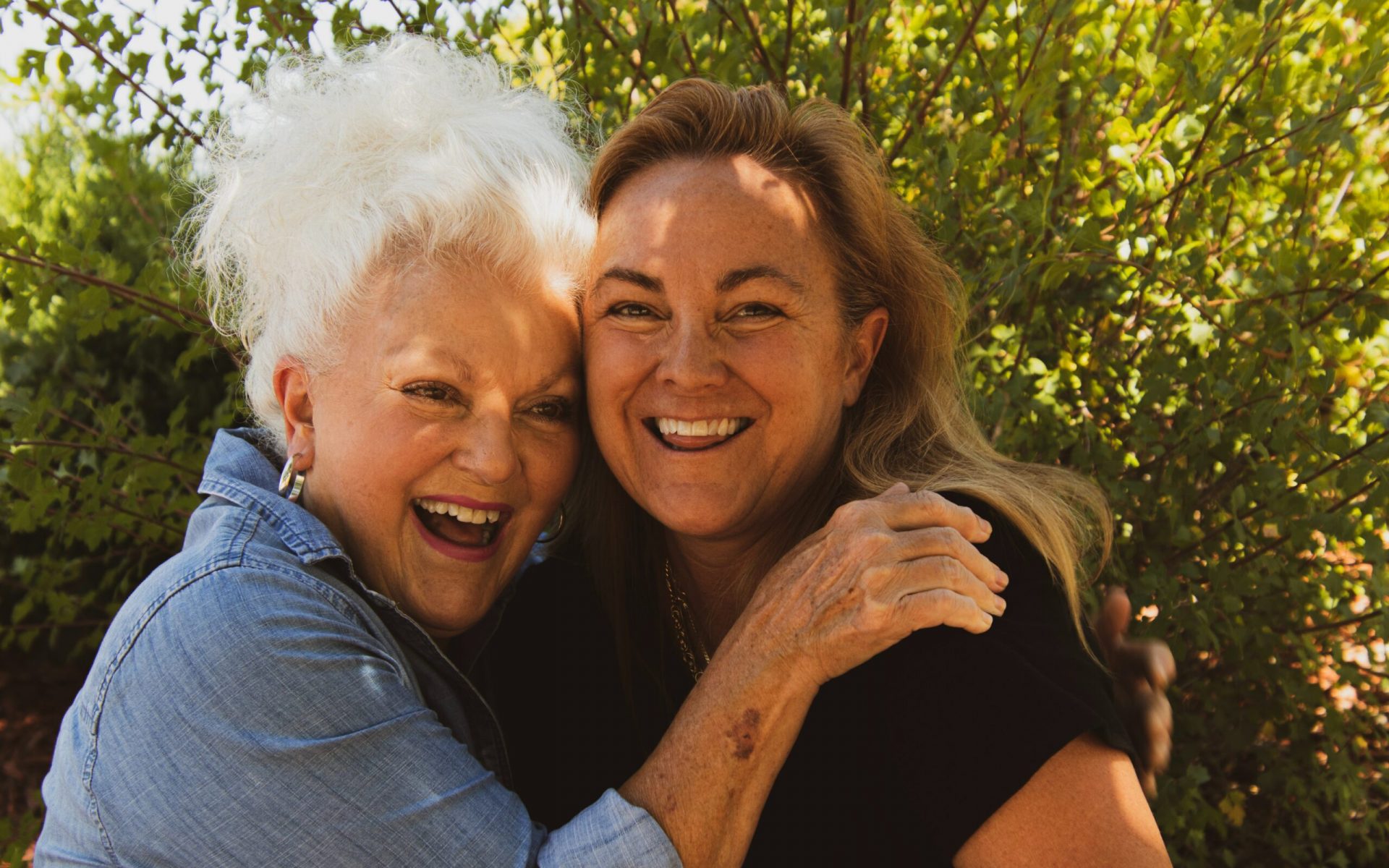Everyone grows older, but that doesn’t mean the aging process can’t be improved.
Are you aging well?
The World Health Organization (WHO) defines actively aging well as the process of increasing and improving opportunities for health, participation, and security to enhance a person’s quality of life.
You can improve your aging process by focusing on your physical, mental, and emotional health.
Grip Strength
According to a study in Clinical Interventions in Aging, grip strength is related to multiple health and happiness markers. Improving your grip strength can also improve your:
- Upper Limb Function
- Overall Strength
- Fine Motor Skill
- Cognitive Ability
- Emotional State
Good grip strength allows you to age well and remain active and independent. To strengthen your grip strength, try this exercise:
- Squeeze a squish or tennis ball with your whole hand 5 to 10 times
- Repeat using only your thumb and index finger.
- Repeat using your thumb and each other finger.
Maintain a Healthy Weight
Being overweight or underweight puts you at risk for chronic diseases, health conditions, and potentials falls and fractures. Doctors determine weight based on your Body Mass Index (BMI). Your BMI is a calculation of your body fat based on your height and weight. According to the Centers for Disease Control (CDC), your weight status is determined by your BMI. The levels of weight status are:
BMI Weight Status
Below 18.5 – Underweight
18.5—24.9 – Normal
25.0—29.9 – Overweight
30.0 and Above – Obese
Researchers have determined that a BMI of 25 or more is a risk for chronic disease and poor health. To maintain a healthy weight, the CDC recommends that your diet contains:
- Fruits
- Vegetables
- Whole Grains
- Lean Protein Sources
- Low Fat
- Low Sodium
- Little Added Sugars
Lean protein sources include fish, poultry, eggs, legumes, and soy products. Low-fat foods should be low in saturated and trans fat and cholesterol. Talk with your doctor about how many calories you need every day and plan your diet within that allowance.
Stay Active
Your activity level helps you maintain good muscle mass, strength, and bone density. According to a study in the Journal of Physical Therapy Science, adults age 52 and older tend to have a decreased activity level, leading to poorer health outcomes. The CDC recommends older adults engage in:
- 150 Minutes a Week of Moderate Intensity Aerobic Activity
- 2 Days of Strength Training a Week
- Activity as Tolerated
If you have health problems, talk with your doctor about what activities are safe for you. Be as active as possible and increase your activity level as you grow stronger. Staying active helps you age well by improving your:
- Posture
- Stamina
- Strength
- Independence
Exercise Your Brain
According to a study in Scientific Reports, cognitive training improves brain function. The more you use your brain, the better your overall health and quality of life. Studies in the journals Nature and PLoS Medical show that good cognitive function may reduce the risk for dementia. Try exercising your brain with these activities:
- Jigsaw Puzzles
- Sudoku
- Learn a New Language
- Art Classes or Crafts
- Nature Walks
Socialize
As people age, the opportunities for social contact may decrease. A report from the National Academies of Sciences, Engineering, and Medicine found that one in four adults age 65 and older are socially isolated. The report also found that social isolation increases the risk for:
- Hearth Disease
- Stroke
- Depression
- Anxiety
- Suicide
- Dementia
- Premature Death
You can improve your aging process by staying socially connected and active. You may find social connections through:
- Joining a Book Club or Other Hobby Group
- Volunteering
- Writing Letters to Family and Friends
- Email or Social Media
Improving your aging process helps you be more independent, increases your cognitive ability, and builds social connections. There are many simple ways to improve your aging process and quality of life.
